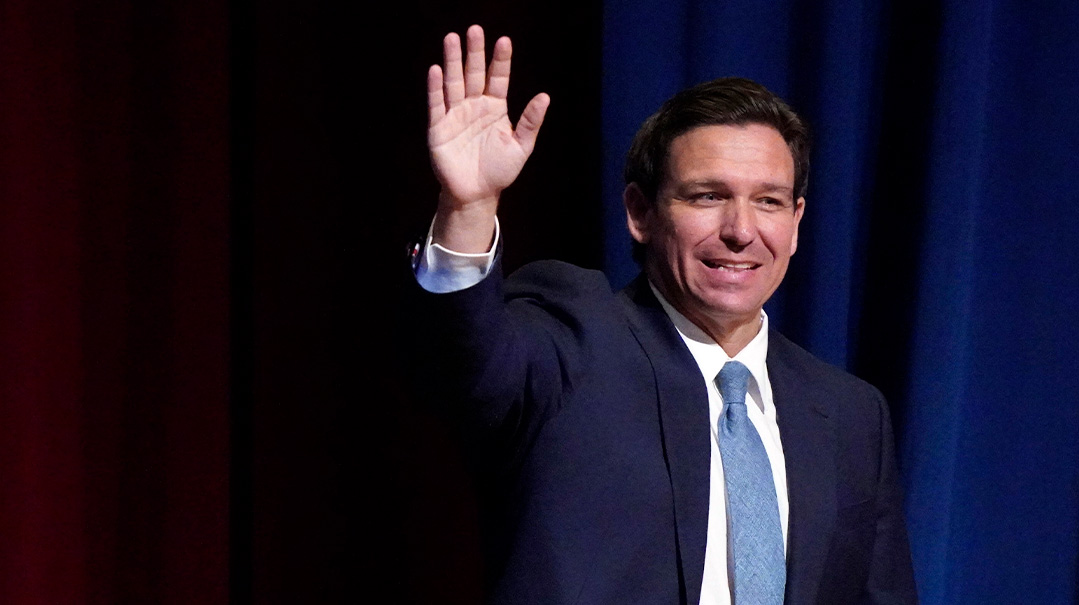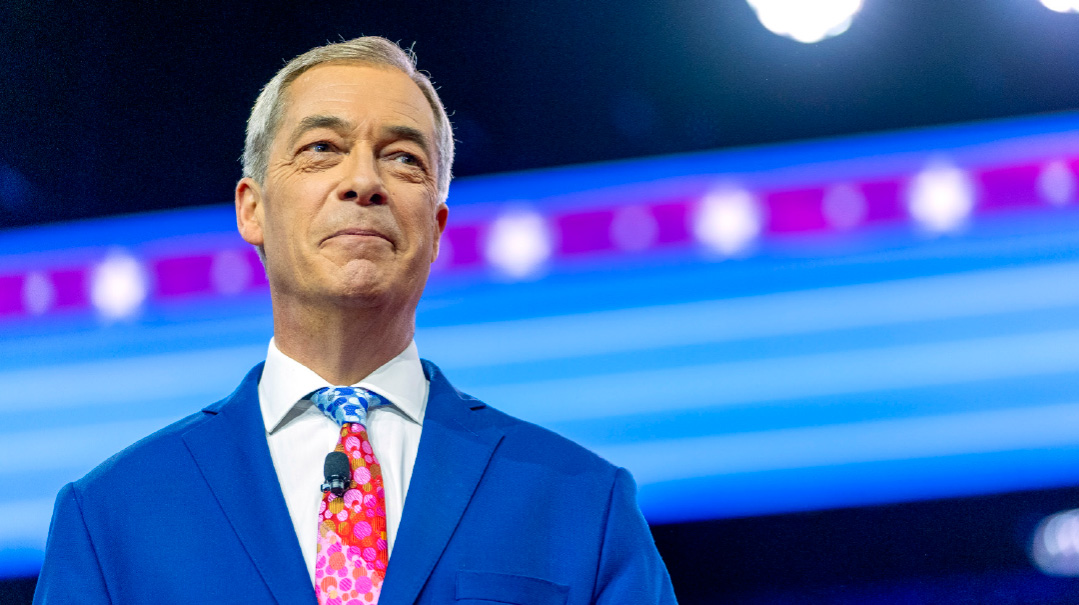Dogma over Power
| June 13, 2023Most polls show Republican primary voters prioritize candidates who share their views (read: Donald Trump) over electability

Photo: AP Images
Do Republicans want to be right, or to win? Most polls show Republican primary voters prioritize candidates who share their views (read: Donald Trump) over electability.
At this stage in the 2020 cycle, 65% of Democrats preferred the candidate best placed to beat Trump, to 29% who prized ideological alignment. Almost conversely, 63% of Republicans told YouGov last month they preferred ideological alignment over less than 30% who preferred electability. If these polls accurately reflect voting intentions, it’s hard to see how the GOP regains the White House in 2024.
But candidates’ shifting fortunes can shift the polls too. Democrats’ preference for electability peaked in March 2020, when Biden, whose prime attribute was his ability to beat Trump, won Super Tuesday. If DeSantis’s fortunes improve, his electability may suddenly become more important for Republicans.
Eric Adams: Congressional Kingmaker?
New York City mayor Eric Adams may be dealing with domestic problems in the Big Apple, seemingly far removed from Washington, but the outspoken Democrat’s stances on crime and immigration could affect his party’s chances of regaining the House in 2024.
Progressive Dems say his mayoral campaign on law-and-order issues cost the party four congressional seats in the New York suburbs that tipped the House to Republican control in 2022. The occupant of Gracie Mansion has far more influence than other city mayors, and Adams’s recent program to bus Latin American asylum seekers to hotels across New York effectively pushed White House immigration policy right into voters’ faces.
With three of those newly Republican seats rated as marginal in 2024, the left flank worries that his divergence from the broader Democratic Party could once again keep the House in GOP hands.
Hats in the 2024 Ring
Chris Christie
The former New Jersey governor opened his campaign with a bang, issuing scathing criticism of his party’s front-runner, Donald Trump — a risky strategy, considering the solid support Republicans are showing the former president. Christie defeated incumbent Democrat Jon Corzine in 2009 to become governor after six years as an aggressive public prosecutor. He won widespread praise for his handling of Superstorm Sandy in 2012, but his ratings fell off a cliff in 2013 when it was discovered his aides had closed traffic lanes in Fort Lee in retaliation for the local mayor’s refusal to endorse Christie for re-election. If Christie’s rhetoric is anything to go by, his entry into the race, his second since 2016, is focused more on preventing Trump from securing the nomination than winning the nod himself.
Mike Pence
Were the devoutly religious former vice president and Indiana governor to win the nomination, he would likely seek to bring Republicans back to a more traditional conservative stance, focusing on family values rather than on lost elections. Institutionally, Pence has an advantage: six out of eight post-war vice presidents who sought the nomination won it. Politically, his refusal to back Trump’s claims that the 2020 election was rigged puts him at a disadvantage. By his predecessors’ standards, Pence’s polling position is dire, in the mid-single digits. The last Republican VP to win the nomination, George H. W. Bush in 1988, polled at an average of 34.6%.
(Originally featured in Mishpacha, Issue 965)
Oops! We could not locate your form.







